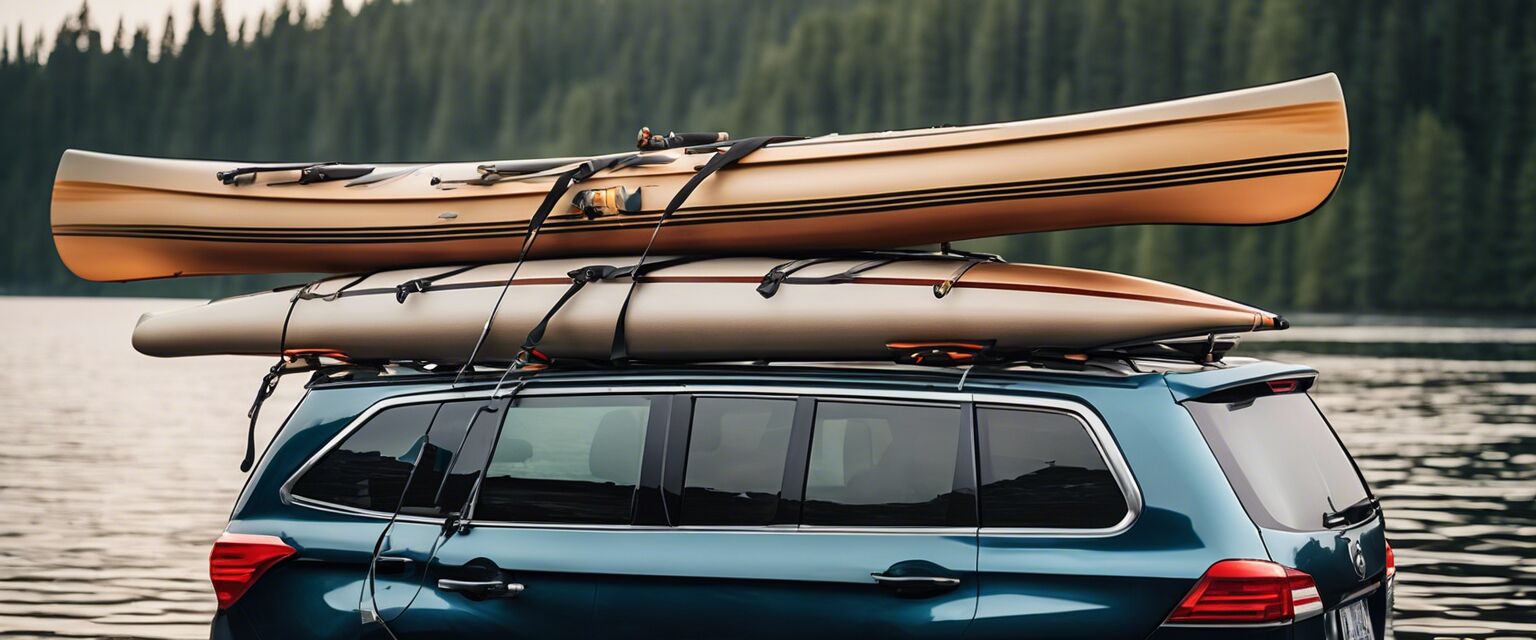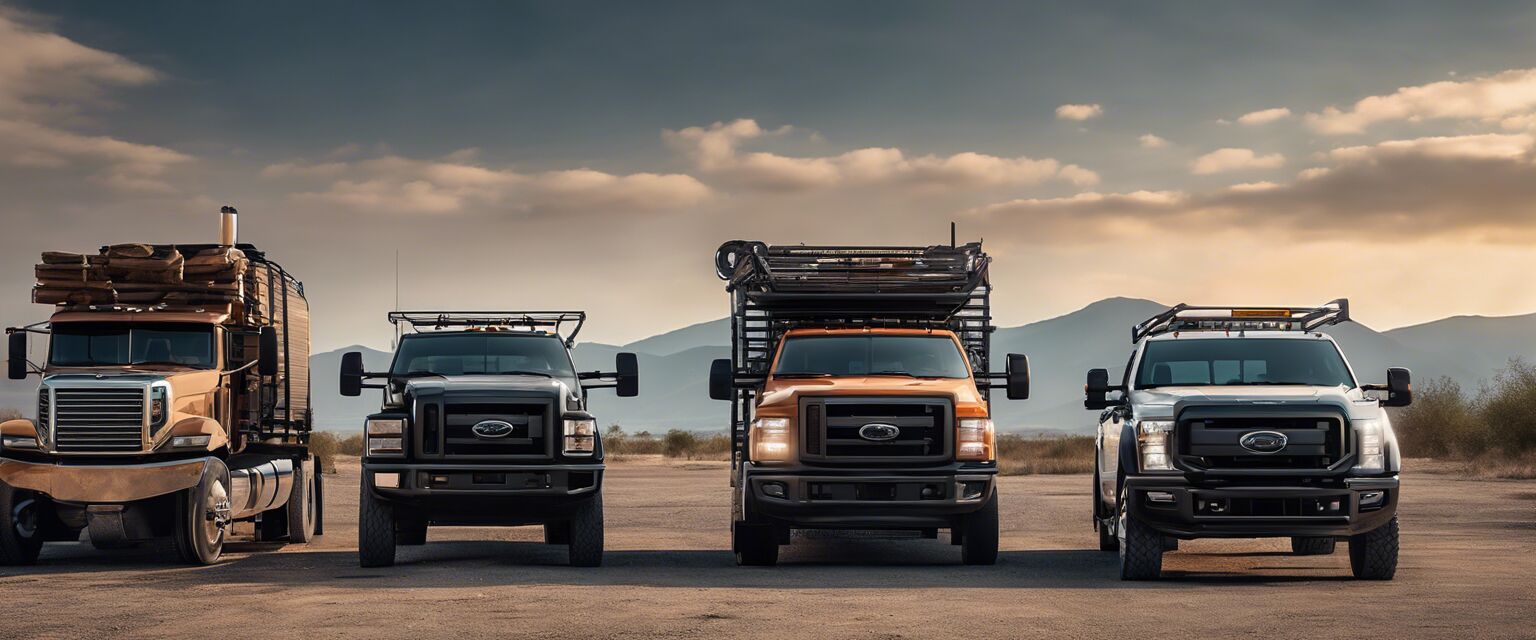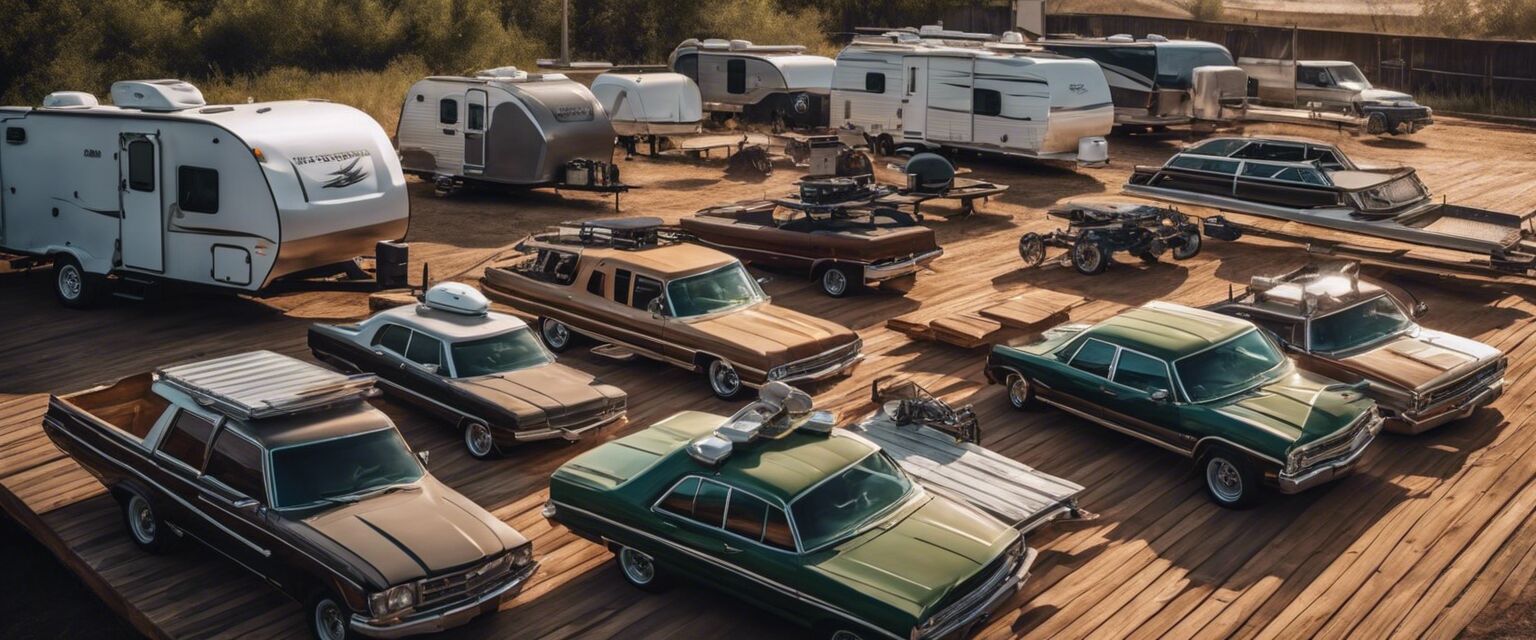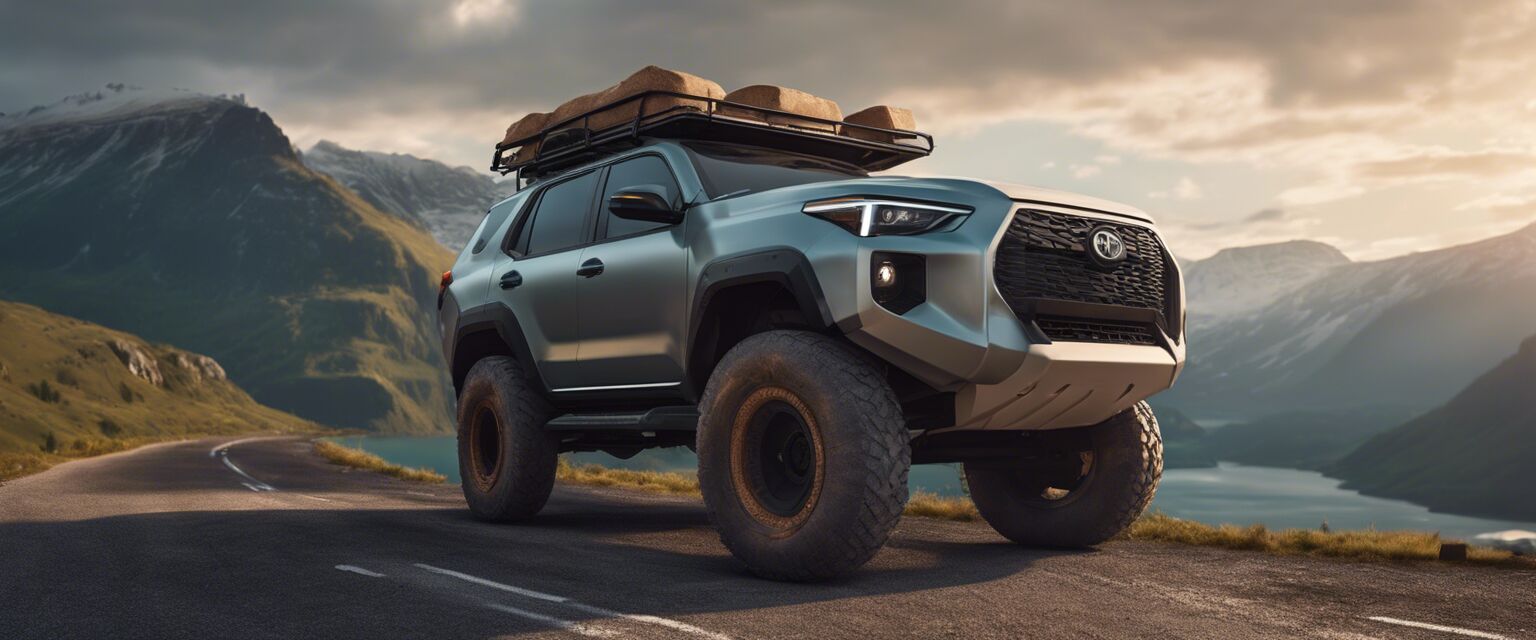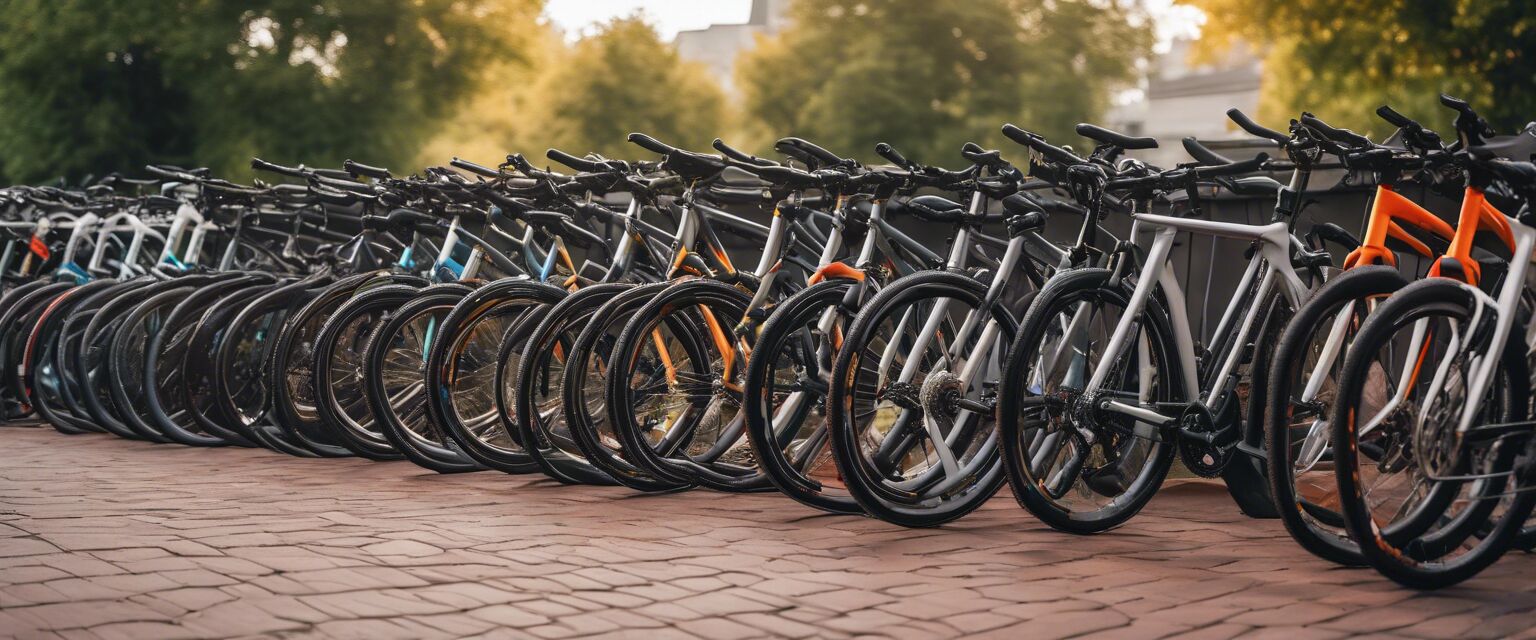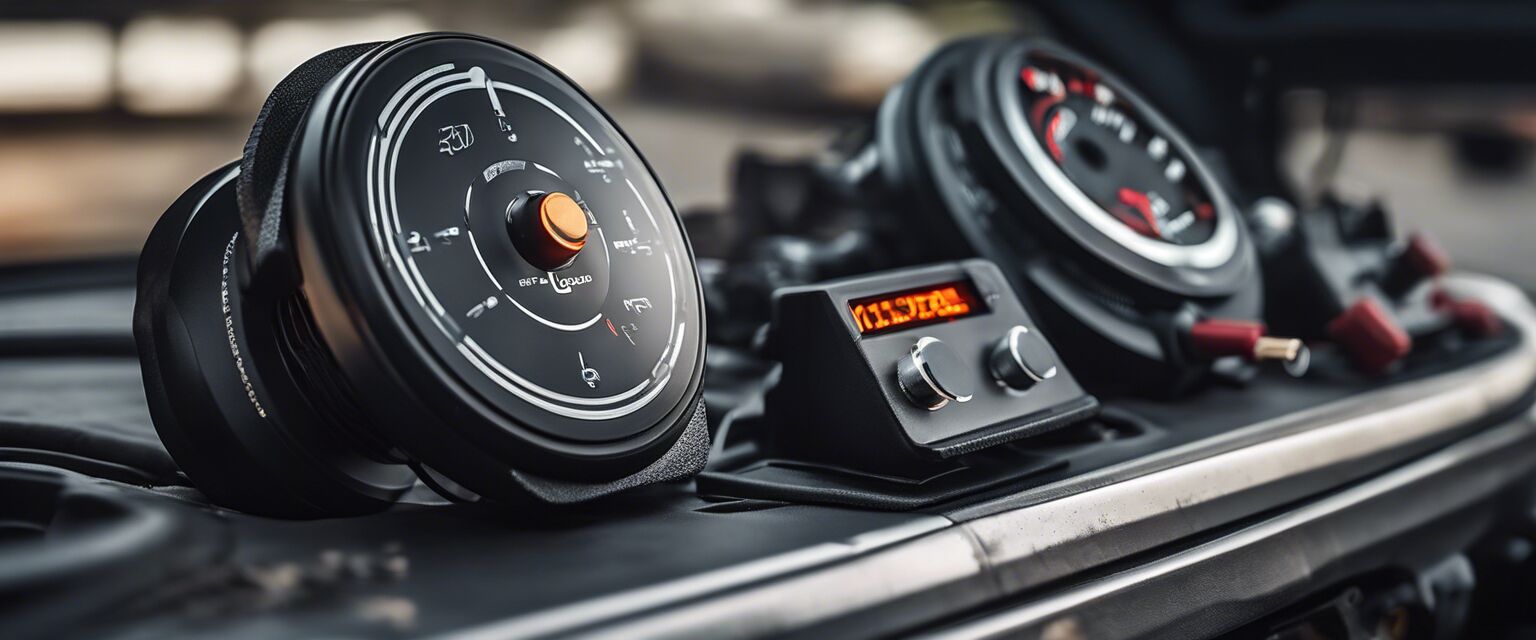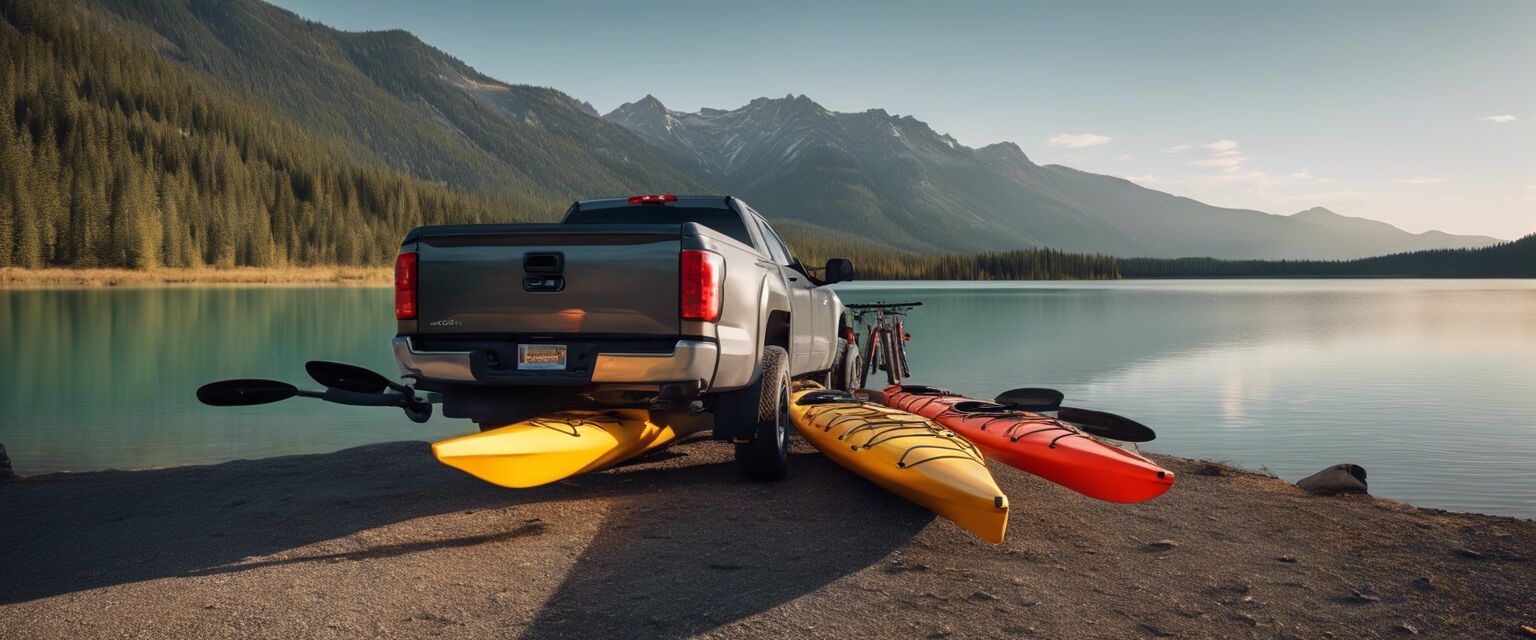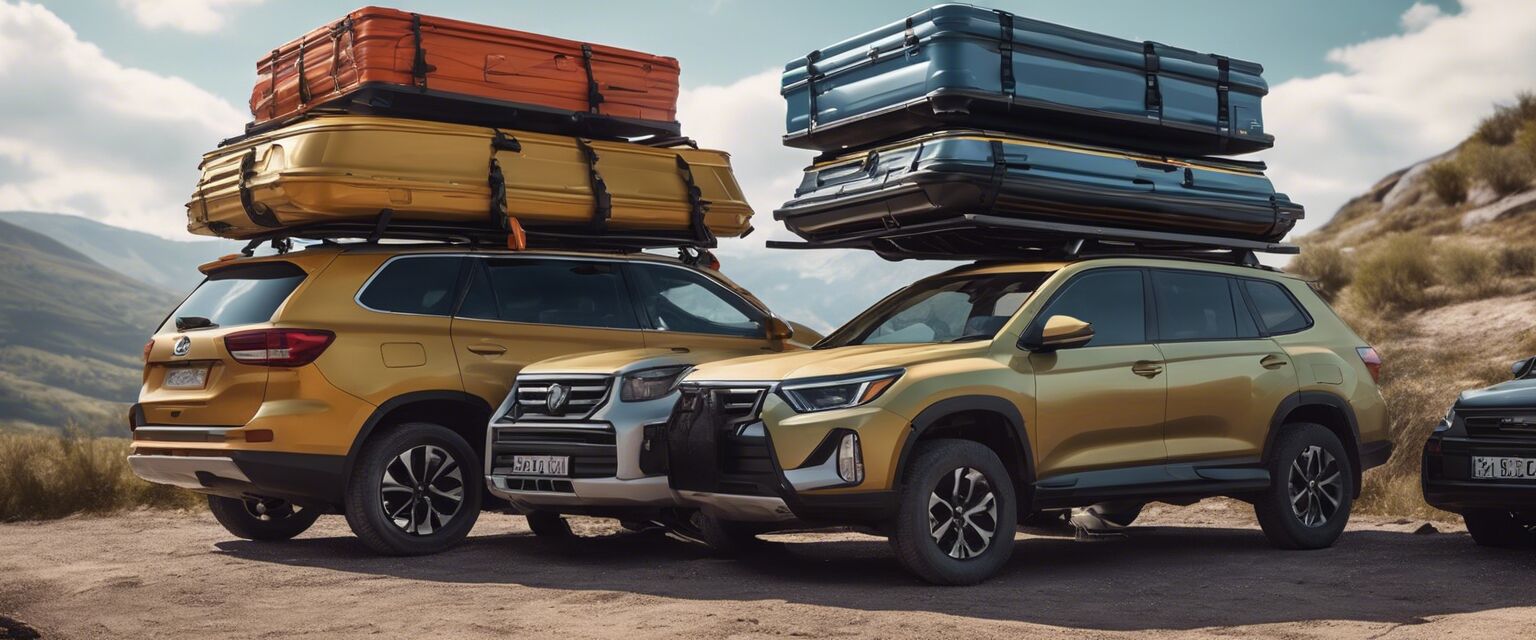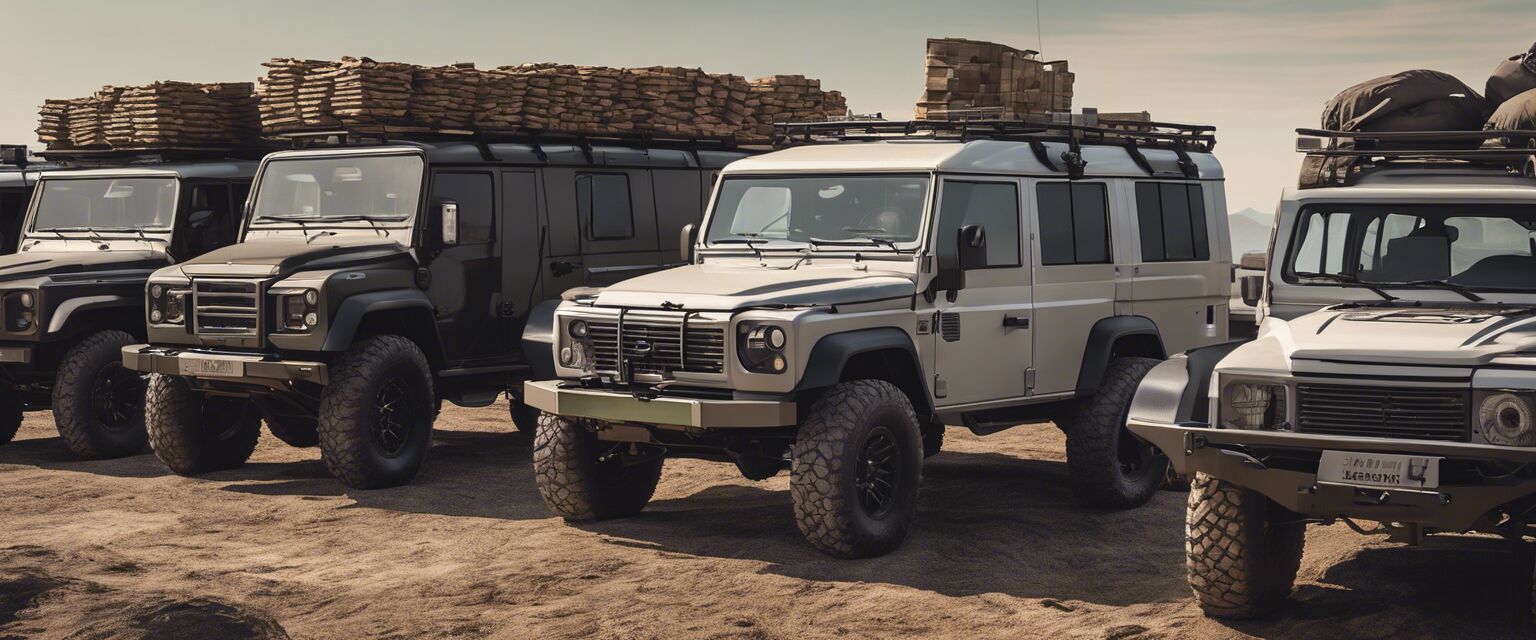
Towing Accessories
Key Takeaways
- Towing accessories enhance safety and functionality when hauling trailers.
- Essential components include hitch balls, safety chains, and tow hooks.
- Understanding the different types can help you choose the right accessories for your needs.
Towing a trailer requires more than just a vehicle; it demands the right accessories to ensure safety and functionality. Whether you're hauling a boat, camper, or utility trailer, having the proper towing gear is crucial. In this guide, we'll cover the essential towing accessories, helping you make informed decisions for your towing needs.
Essential Towing Accessories
Hereâs a breakdown of some key towing accessories:
| Accessory | Description | Why You Need It |
|---|---|---|
| Hitch Ball | The round coupling device that connects the trailer to the tow vehicle. | Ensures a secure connection between the vehicle and trailer. |
| Safety Chains | Chains that provide additional security by connecting the trailer to the tow vehicle. | Prevents the trailer from disconnecting if the hitch fails. |
| Tow Hooks | Used for recovery or towing of vehicles needing assistance. | Essential for off-road and recovery situations. |
| Ball Mount | Connects the hitch ball to the receiver on the vehicle. | Adjusts for the height needed for proper trailer alignment. |
| Trailer Brake Controller | Helps control the brakes of a trailer when towing. | Enhances safety by ensuring that the trailer brakes work in sync with the vehicle. |
Understanding Towing Accessories
Each accessory has its unique purpose and understanding them can help improve your towing safety:
Hitch Balls
Hitch balls come in various sizes, ensuring compatibility with different types of trailers. They are rated by weight capacity, so choosing the right one is crucial based on what you're hauling.
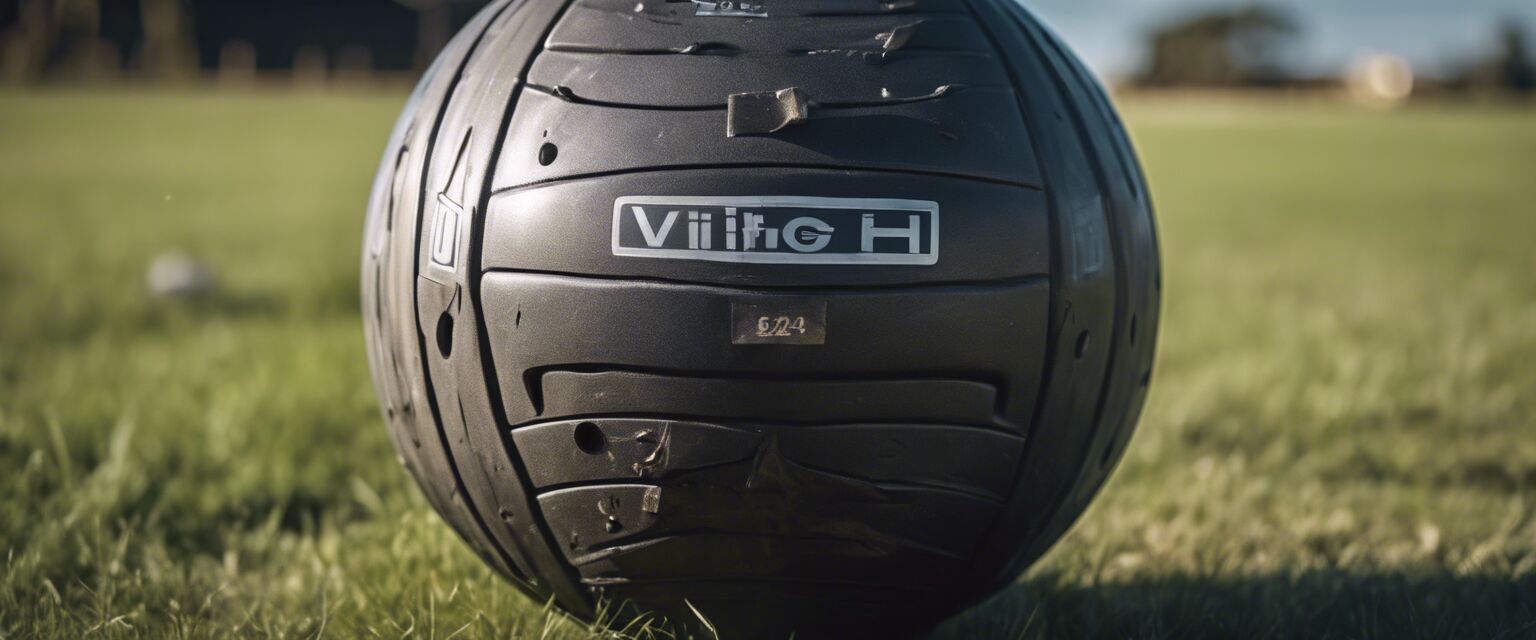
Safety Chains
Safety chains are designed to catch the tongue of the trailer if it detaches from the hitch. They should always be crossed and securely attached to the tow vehicle for optimal safety.
Tow Hooks
Tow hooks are useful when the vehicle is stuck or needs to be recovered. They ensure a secure point for hooking up towing equipment.
Choosing the Right Accessories
Selecting the correct towing accessories is vital for safe towing practices. Here are some tips:
Tips for Beginners
- Always check the weight rating of your towing accessories to avoid overloading.
- Inspect all components regularly for wear and tear.
- Familiarize yourself with local towing regulations and laws.
Comparison of Towing Accessories
When comparing different brands and types, consider factors like capacity, material, and price. The table below highlights some features to consider:
| Brand | Weight Capacity | Material | Price Range |
|---|---|---|---|
| Brand A | 2000 lbs | Steel | $30 - $50 |
| Brand B | 3500 lbs | Aluminum | $40 - $70 |
| Brand C | 6000 lbs | Steel | $50 - $90 |
Common Mistakes When Towing
Here are some pitfalls to avoid:
- Using the wrong size hitch ball for your trailer.
- Failing to securely attach safety chains.
- Overloading the towing capacity of your vehicle.
Safety Tips for Towing
Safety should always come first. Here are important tips to remember:
- Perform a pre-trip inspection of your vehicle and towing equipment.
- Stay within speed limits, especially when towing.
- Use mirrors to monitor your trailer while driving.
Conclusion
By understanding the essential towing accessories and how to use them properly, you can ensure safer towing experiences. Always prioritize safety and functionality when selecting your gear.
Pros
- Enhances safety while towing
- Improves vehicle versatility
- Offers various options for different towing needs
Cons
- Can be costly to purchase high-quality gear
- Requires regular maintenance and inspections
- Mismatched accessories can lead to accidents

